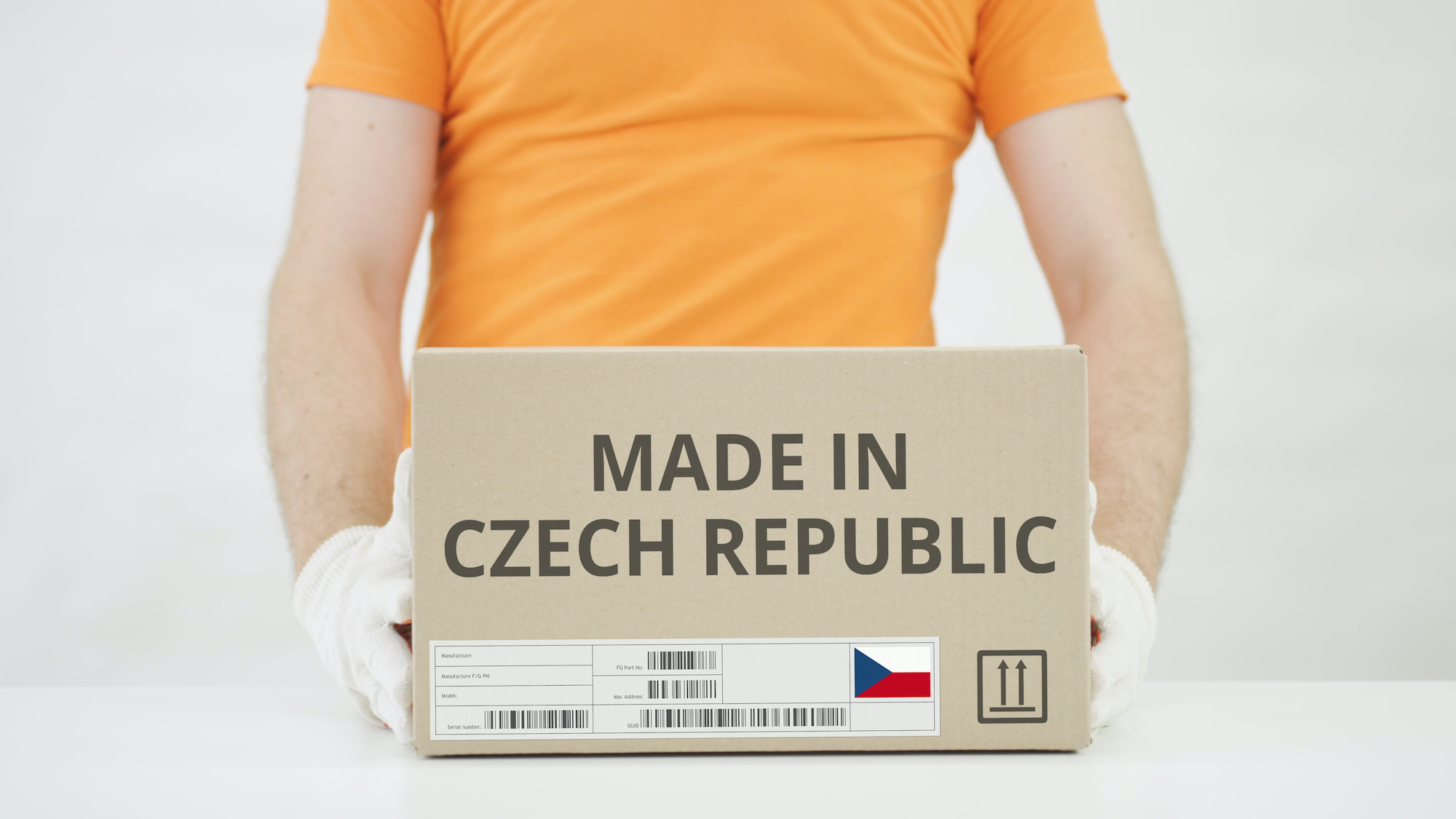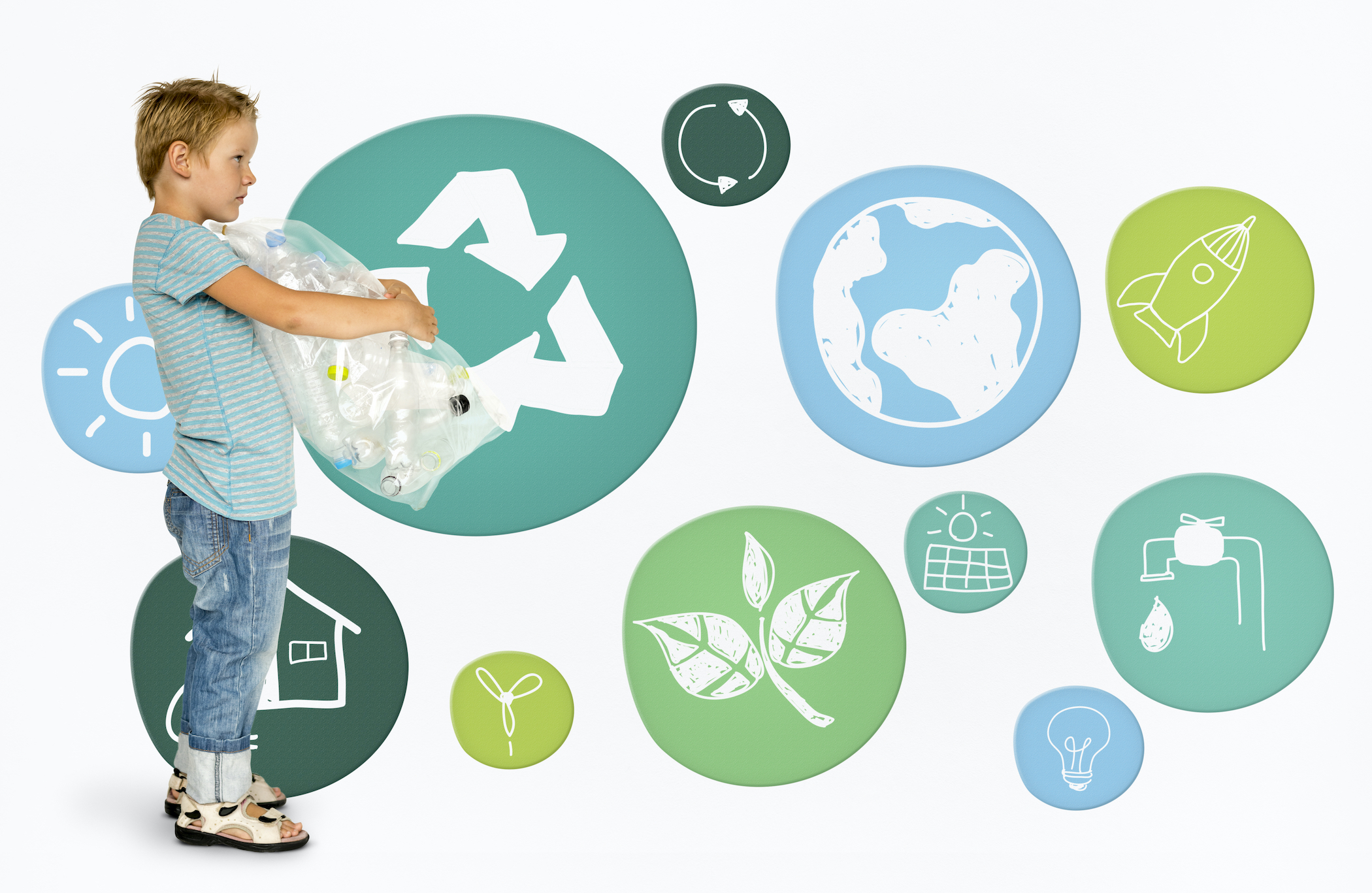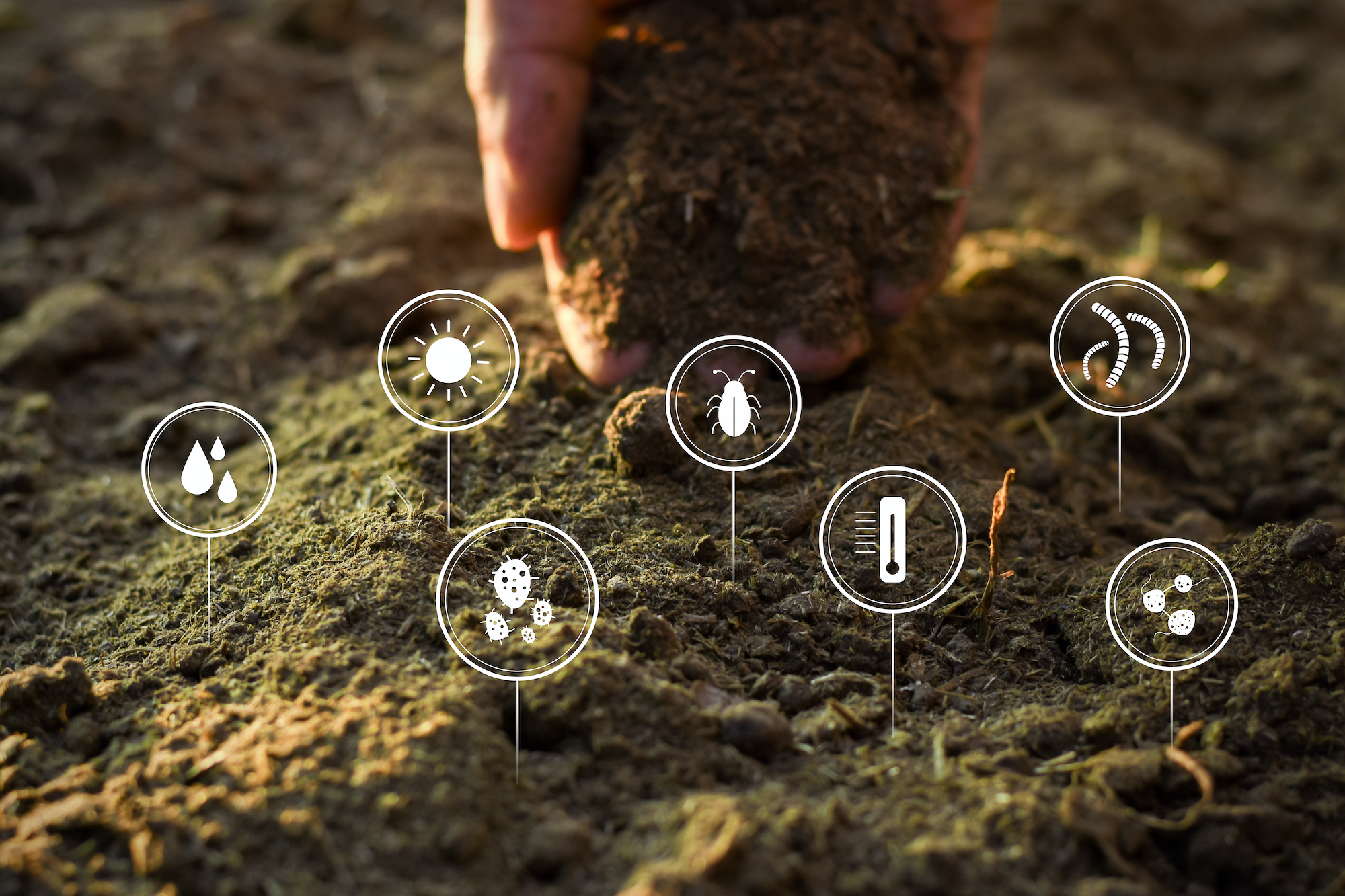Polypak produces various types of packaging using polymers that have multiple benefits over regular packaging materials. Benefit 1: Polypak bioproducts can replace disposable plastic items under the Directive (EU) 2019/90 Our bioproducts qualify as biodegradable as stated in the Directive. When disposable plastic bags have been completely banned, Polypak bioproducts will make a good replacement. […]
We are trying to keep updated on the agenda in the countries we work with. Please see below the information on bans of certain types of plastic bags in EU countries and on Polypak solutions for those countries. If you find the information in the spreadsheets to be wrong, please contact us using our webchat. […]
Based on the report of the European Comission: https://ec.europa.eu/environment/circular-economy/pdf/oxo-plastics.pdf The European Parliament’s Directive foresees a ban on using and selling products made of oxo-degradable plastic in the EU. Unfortunately, Chinese manufacturers keep presenting their oxo-degradable plastic as biodegradable. “In order to limit the adverse impact of such single-use plastic products on the environment, Member States […]
European ethylene and propylene markets grew in January after an unusually strong December. Spot prices on ethylene – the material used to manufacture plastic bags and films – in the US reached a 14-month peak in December 2020 due to increased demand for this monomer and its derivatives in both internal and external markets. The […]
Polypak bioproducts are biodegradable. It means that at some point they break down to simple chemical substances including water, carbon dioxide, and biomass. Home and Industrial compostable BIO bags comply with the European Standard EN 13432, according to which degradation to biogenic substances by composting mustn’t take more than 90 days. The specific breakdown times […]
Good news for those who are interested in biodegradable bioplastics. Researchers from ETH Zurich and the Swiss Federal Institute of Aquatic Science and Technology (EAWAG, in German, Eidgenössische Anstalt für Wasserversorgung, Abwasserreinigung und Gewässerschutz) conducted a multidisciplinary research and found that microorganisms break down biodegradable bioplastics. This creates new opportunities for waste sorting and plastic waste […]








